Summary:
The book explores the parallels between Buddhist philosophy, particularly the concept of anatta or "no self," and contemporary neuropsychological research that challenges the notion of a fixed, unchanging self. It delves into cognitive science and neuroplasticity to discuss how the brain constructs the sense of self and how understanding this process can lead to personal transformation and well-being.
Key points:
1. Illusion of Self: The book discusses the Buddhist concept of "Anatta" or "no-self," suggesting our perception of a stable self is an illusion. This aligns with neuropsychology findings.
Books similar to "No Self, No Problem":
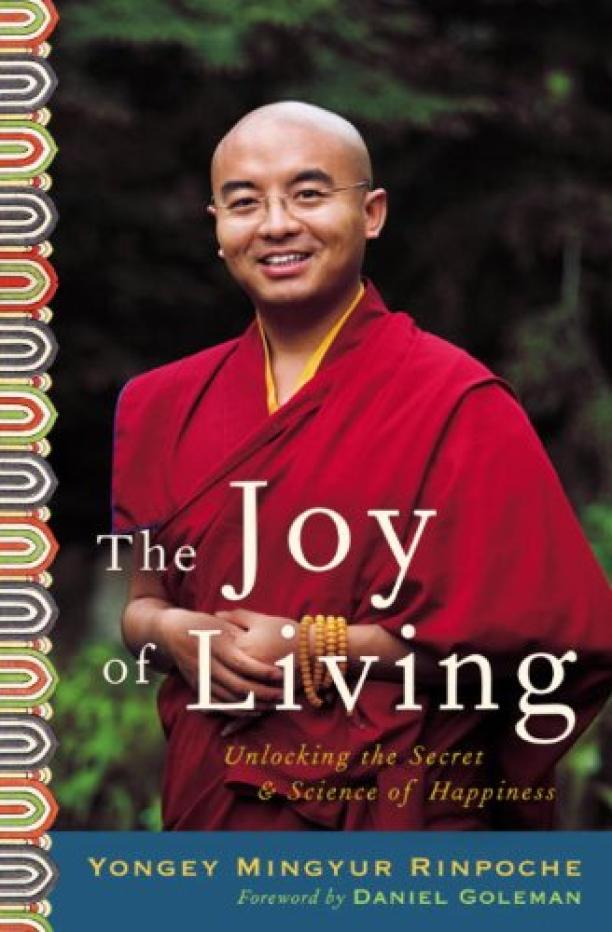
The Joy of Living
Eric Swanson|Yongey Rinpoche Mingyur
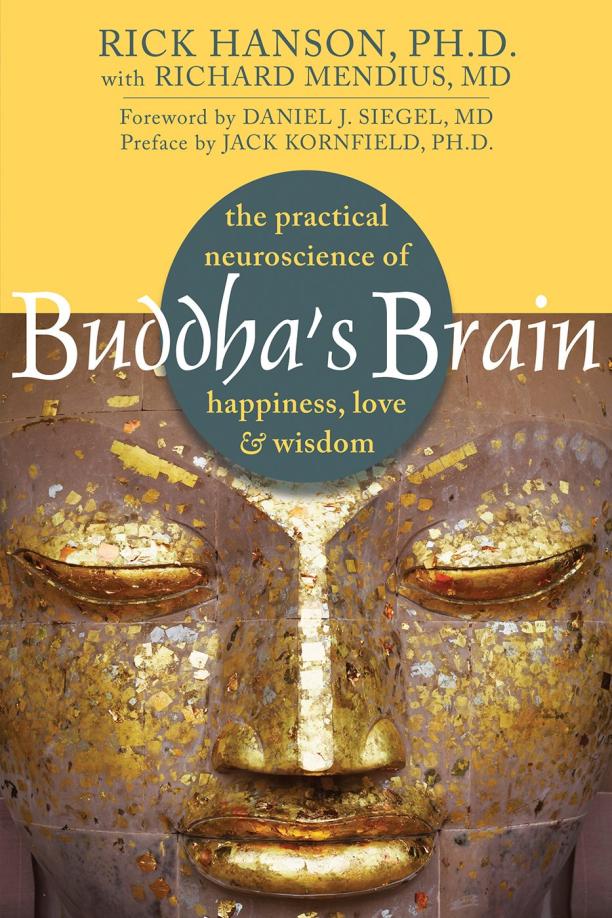
Buddha's Brain
Rick Hanson
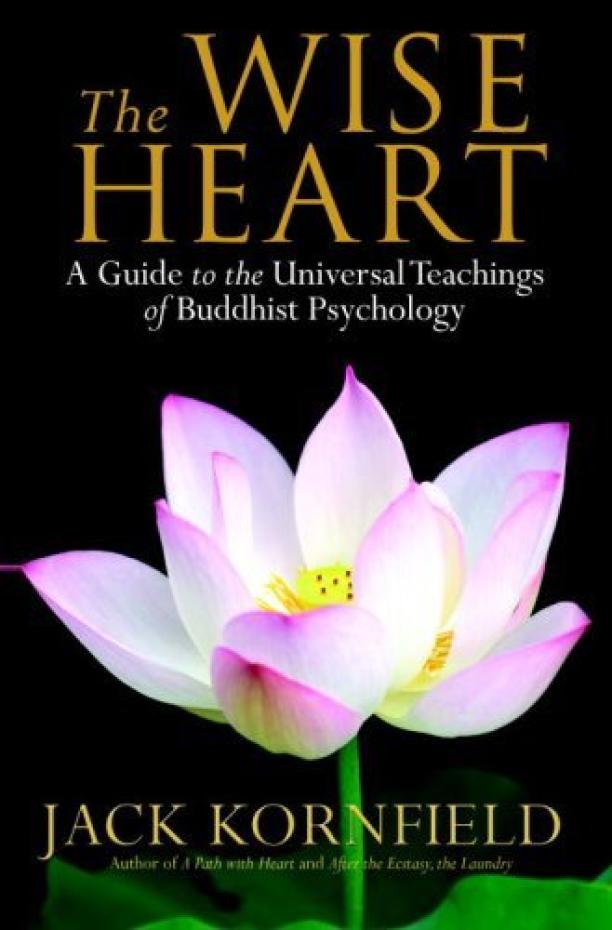
The Wise Heart
Jack Kornfield
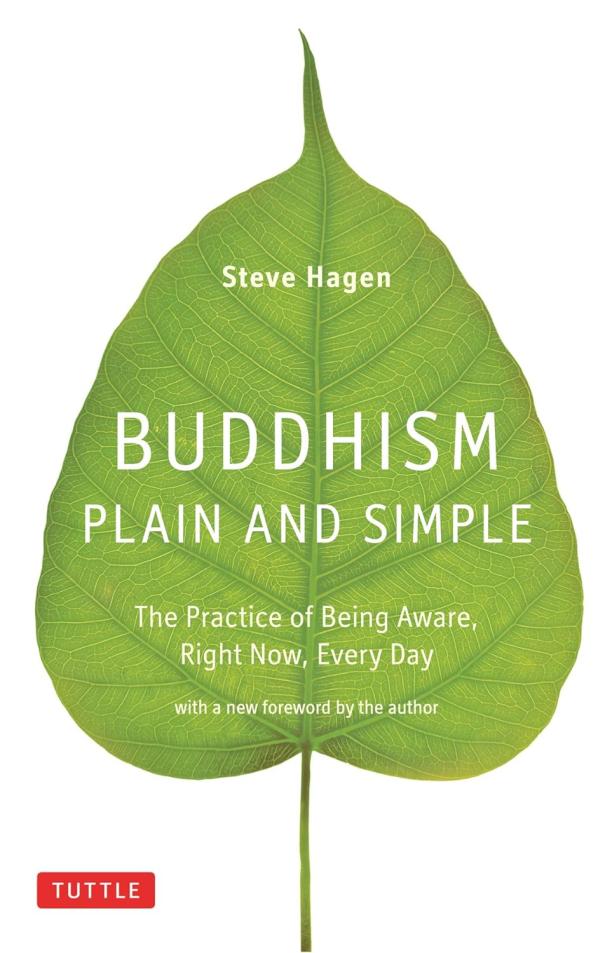
Buddhism Plain and Simple
Steve Hagen
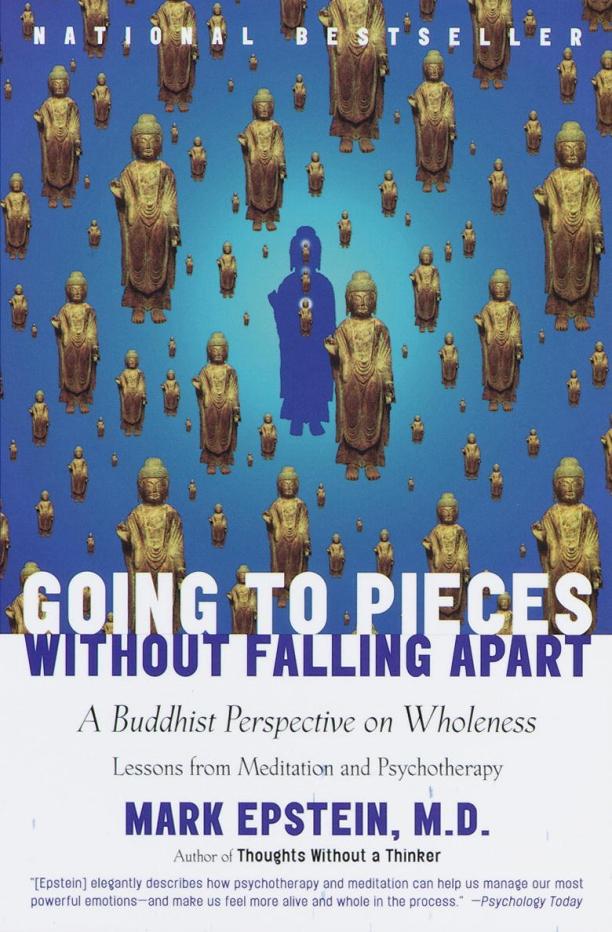
Going to Pieces Without Falling Apart
Mark Epstein
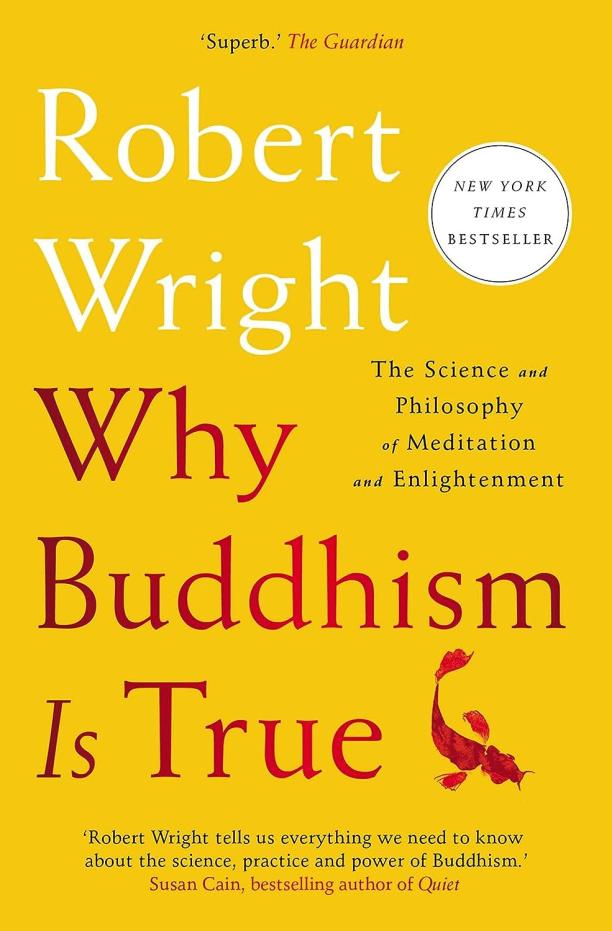
Why Buddhism is True
Robert Wright

A Monk's Guide to Happiness
Gelong Thubten
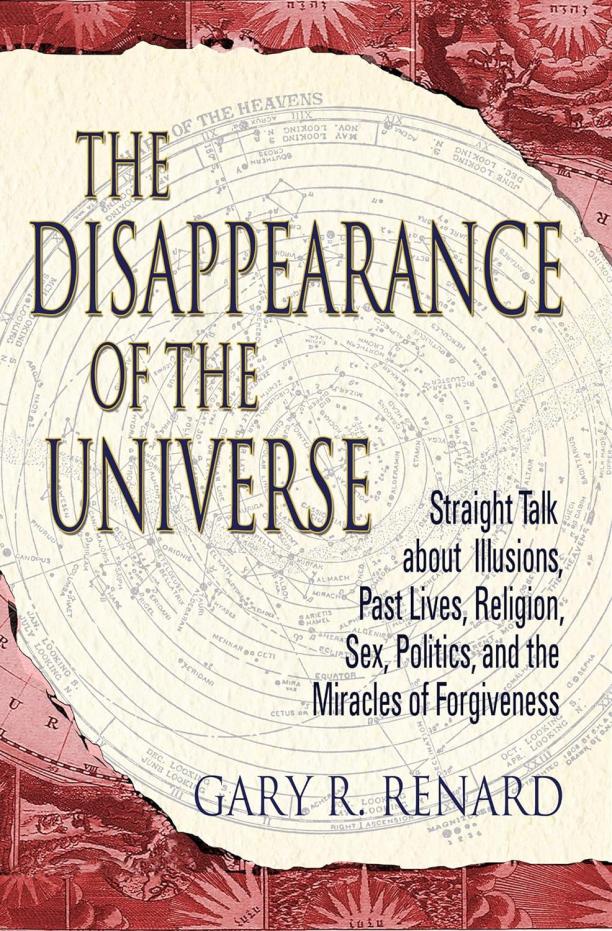
The Disappearance of the Universe
Gary R. Renard
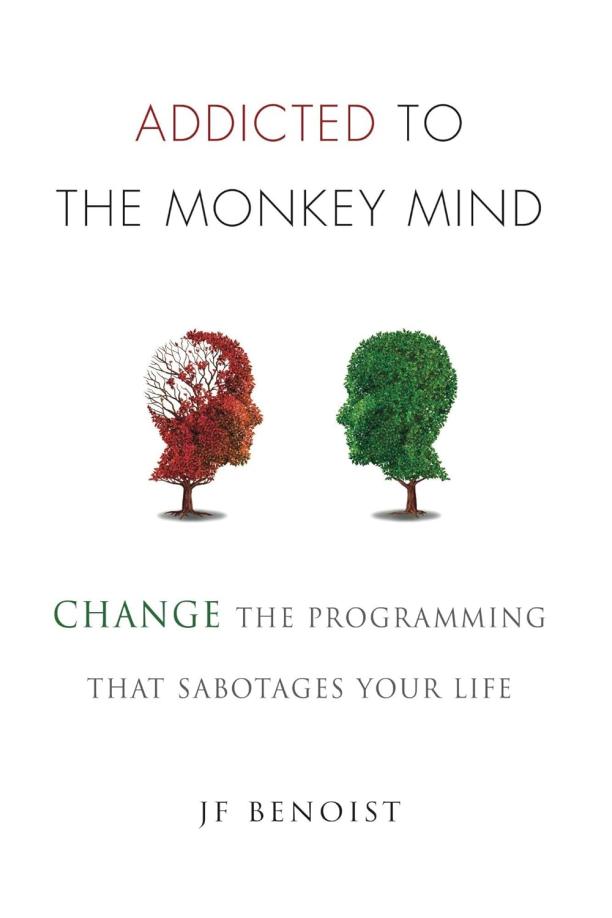
Addicted to the Monkey Mind
J.F. Benoist
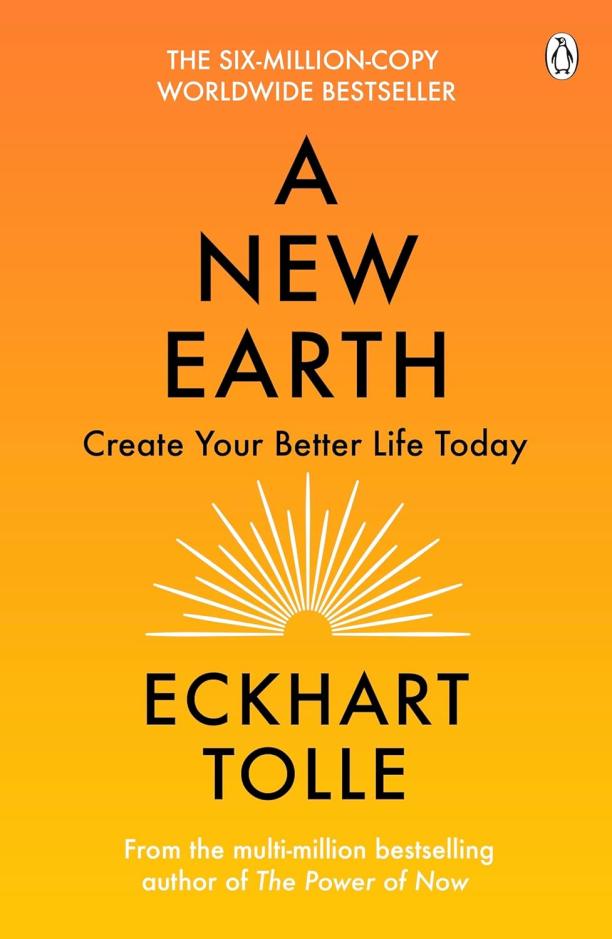
A New Earth
Eckhart Tolle
